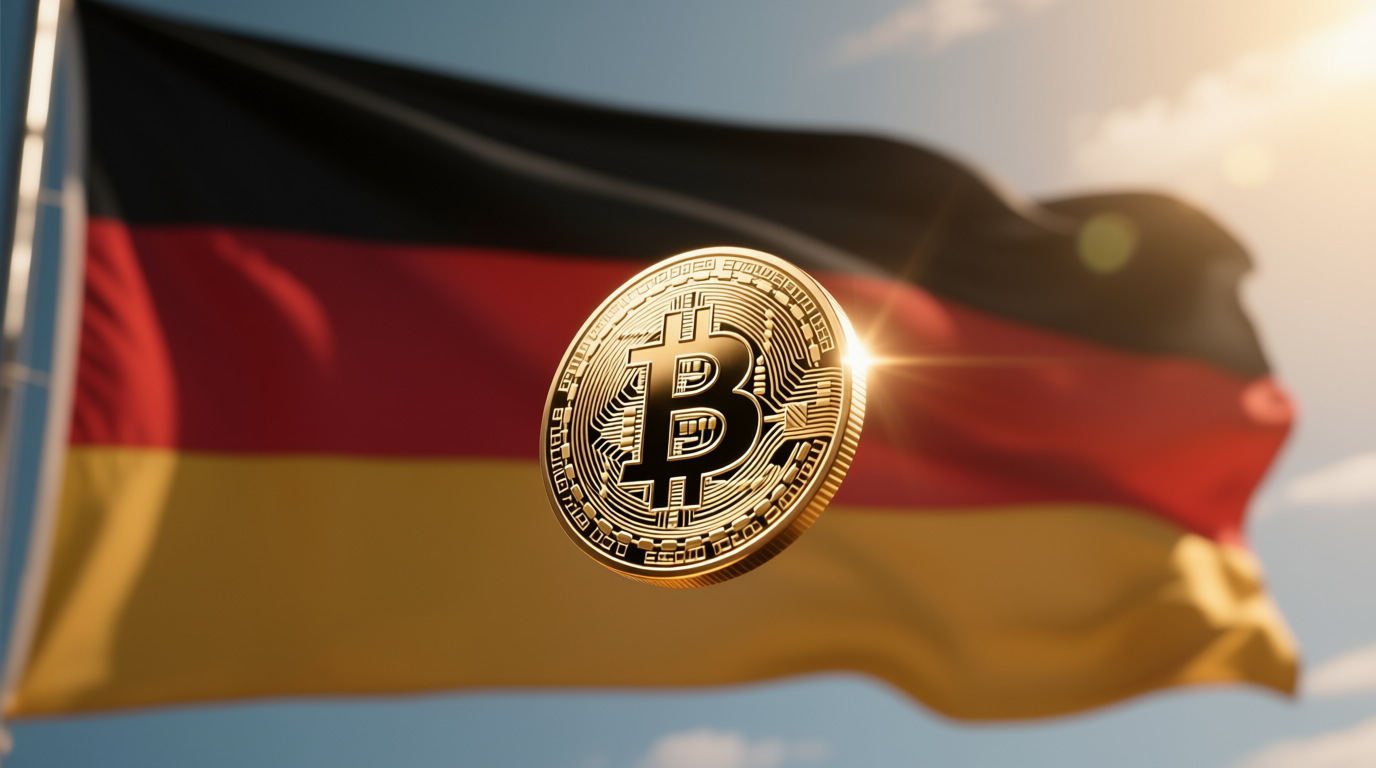Alternative for Germany (AfD), the country’s main opposition party, has reportedly begun reviewing a proposal urging the government to recognize Bitcoin as a distinct decentralized digital asset and adopt a strategic framework that exempts it from specific rеgulatory and tax obligations.
Key points:
- Germany’s main opposition party, Alternative for Germany (AfD), has proposed recognizing Bitcoin as a national strategic asset and exempting it from strict regulatory and tax measures.
- The AfD argues that Bitcoin’s decentralized nature sets it apart from other cryptocurrencies and warns that overregulation could drive innovation and capital out of the country.
- The motion calls for a clear tax framework, a government strategy on Bitcoin’s role in the digital economy, and exclusion from the EU’s MiCA regulation.
The German parliamentary group submitted a formal motion to the Bundestag opposing what it describes as excessive regulation of Bitcoin. The party contends that Bitcoin, as a “decentralized, non-manipulable, and limited-availability digital asset,” should be viewed as distinct from other forms of cryptocurrency.
The AfD further asserted that Bitcoin should be excluded from the scope of the European Union’s Regulation 2023/1114 on Markets in Crypto-Assets (MiCA). “Overregulation of Bitcoin service providers and users in the course of national MiCA implementation jeopardizes Germany’s innovative capacity, financial freedom, and digital sovereignty,” the motion states.
Related: Industry Celebrates the New $70M Domain Mogul But His Crypto Shadows Linger
The AfD warned that excessive regulation could drive capital and businesses overseas, undermining Germany’s economic competitiveness. The party also criticized the federal government for failing to adopt a strategic approach toward Bitcoin, suggesting it could serve as both a tool for energy integration and a potential asset for national reserves amid growing monetary instability.
Additionally, the AfD is calling on the federal government to provide clearer tax guidelines for Bitcoin. The party insists that the 12-month holding period for Bitcoin investments should remain unchanged and that activities such as mining and operating Lightning nodes in the private sector should not be classified as commercial enterprises.
Related: Crypto Titans Bunker Down Now: Vitalik’s Austerity Vow, Binance $1B Bitcoin Shield
The AfD is also urging the federal government to issue a comprehensive strategic statement outlining Bitcoin’s role as “free, digital money in the 21st century.” The proposed framework, the party says, should address Bitcoin’s technological impact, its potential contributions to energy policy, and its importance for digital freedom and monetary sovereignty.
Germany is among several EU states calling for exploring a national Bitcoin reserve and easing MiCA regulations. Éric Ciotti, leader of the Union of the Right for the Republic, along with several French lawmakers, recently introduced a resolution in the National Assembly seeking to block the Europeаn Central Bank’s planned digital euro. The proposal urges the government to focus instead on supporting euro-backed stablecoins and boosting investment in crypto assets.
The motion emphasizes a growing divide within Germany’s political landscape over how to approach digital assets. As debates over regulation, innovation, and sovereignty continue to intensify, Bitcoin’s future role in Europe’s largest economy may hinge on whether policymakers see it as a threat to control, or a tool for financial independence.












